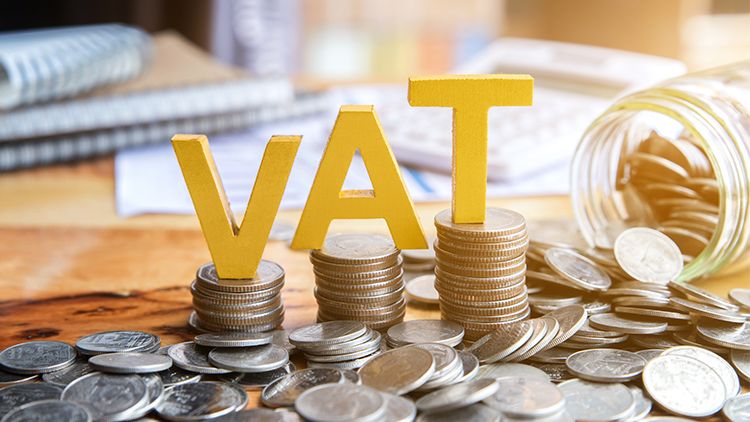by Unitedvat
Posted on Nov 01, 2017

The Middle East is losing big on the oil economy. UAE has also felt the heat of it but by soon rolling out their new tax law termed under Value Added Tax (VAT), will they be able to turn down the wheel of fortune in their own favor? Many of the organizations and small-scale enterprises will directly fall under the new tax regime and have to contribute tax for their national development. Will their sacrifice be worthwhile or it's just an excuse for the governing authority to leverage their oil loss?
Ministry of Finance, UAE, has stated it clearly that companies in the UAE that record annual revenues over Dh375000 will have to get themselves register under Value Added Tax (VAT) system, and will accordingly be taxed. Those companies whose revenues range between Dh187000 and Dh375000 will be given two alternatives either to register under the system or skip the registration process during the first phase of VAT roll out. In the second phase of the rollout, no options would be given to the businesses, they have to mandatory get on-boarded to the tax train and abide by the laws.
The other GCC nations also decided to go ahead with the new tax reform policy and apply VAT in their respective nations as soon as the new year starts. Thus inter-gulf trades will also get affected by VAT. Even the e-commerce industry had to pay taxes irrespective of their dispatch destination as long as they are carrying forward the trade initiating from UAE.
The threshold for mandatory VAT registration has been set to AED 375,000. Businesses in the region will be able to start VAT registration from Q4 2017. Post VAT implementation, the UAE is expected to generate around Dh10 billion to Dh12 billion in revenues from the tax in the first year alone.
Since the new addition of tax in the form of VAT, will fill up the government's financial basket with extra funds, it is also to be noticed that oil prices have fallen significantly in the recent past. It slid from their mid-2014 highs of around $115 (Dh422.4) a barrel to their January 2016 lows below $30, which suggests that government could use the VAT generated fund to propel their economic policies which got hindered or rather restricted due to the volatility in the oil market. The losses from the oil revenue mounted up to $320 billion in the middle east and North African nations equivalent to the 20 percent of their GDP, hence these nations are in urgent need of an alternating source of filling up their fiscal revenue.


